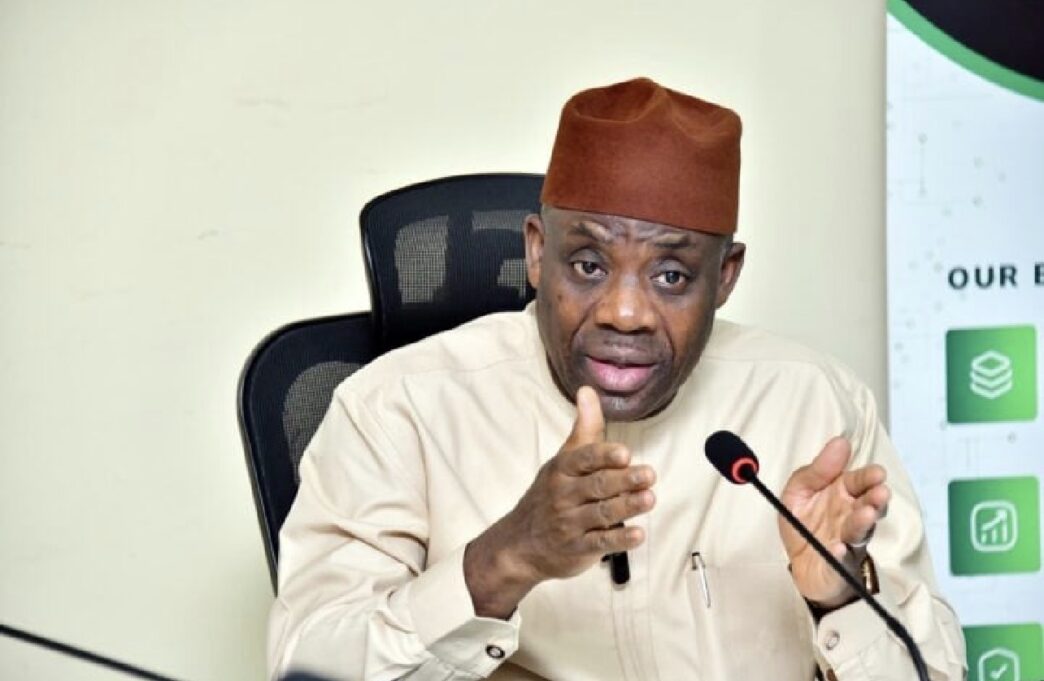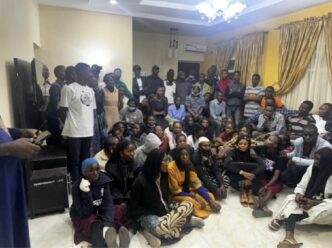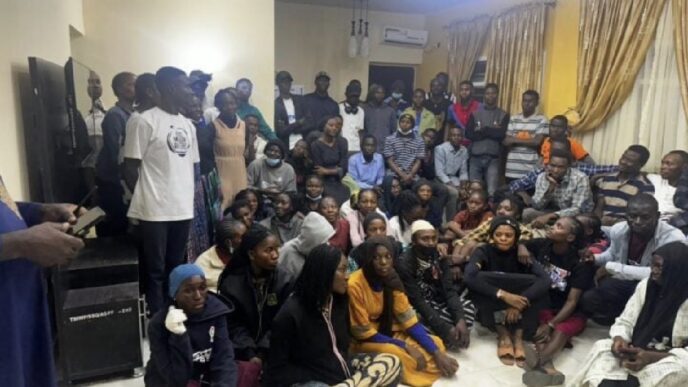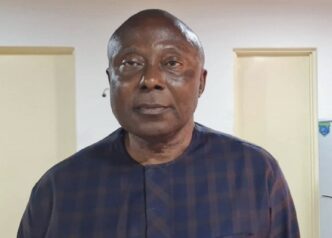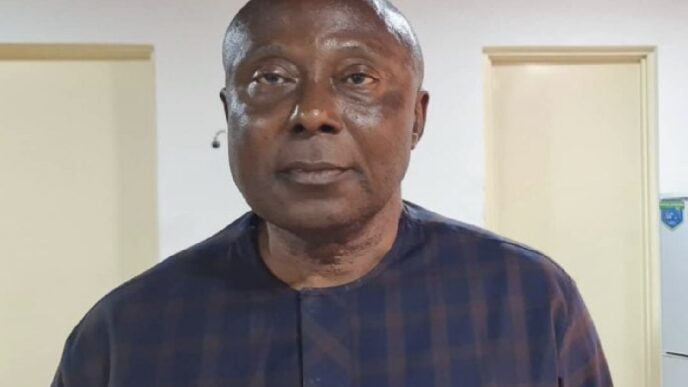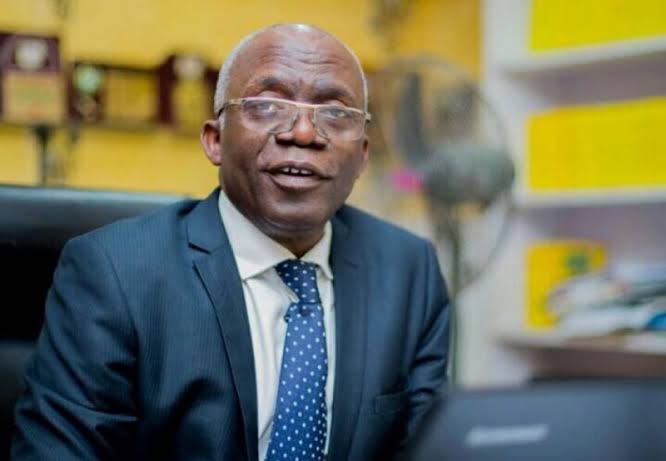The federal government has officially abolished the national language policy, which mandated the use of indigenous languages as the medium of instruction in early education, and declared English the sole language of instruction from primary to tertiary levels.
Gatekeepers News reports that Minister of Education, Tunji Alausa, made the announcement on Wednesday during the 2025 Language in Education International Conference organised by the British Council in Abuja.
The 2022 National Language Policy had earlier directed that children in early child care and primary education be taught in their mother tongue or local language, a move designed to preserve cultural identity and enhance learning among young pupils. The government however says the approach has failed to yield the intended results.
Alausa explained that a nationwide review of students’ performance showed that the continued use of indigenous languages had contributed to poor academic outcomes, especially in national examinations.
He said, “We have seen a mass failure rate in WAEC, NECO, and JAMB in certain geo-political zones of the country, and those are the ones that adopted this mother tongue in an over-subscribed manner.”
“Using the mother tongue language in Nigeria for the past 15 years has literally destroyed education in certain regions. We have to talk about evidence, not emotions.”
The minister added that the decision to reverse the policy was informed by data-driven analysis showing that pupils taught primarily in indigenous languages struggled with English comprehension and performed poorly in literacy and numeracy assessments.
He said, “The national policy on language has been cancelled. English now stands as the medium of instruction across all levels of education”, Alausa declared, emphasising that the government’s actions were guided by evidence-based governance.
Alausa called on education stakeholders who disagree with the decision to present verifiable data supporting the efficacy of the scrapped model, noting that the government remained open to discussions grounded in factual evidence. He also commended the British Council for its continued collaboration in improving Nigeria’s education system.
Minister of State for Education, Suwaiba Ahmed, also disclosed that the federal government is introducing a new training module aimed at enhancing teachers’ capacity in literacy and numeracy at the foundational level.
She said, “Now we are designing a training package for the teachers that focuses on the learning of literacy and numeracy.”
“This is specifically for teachers who teach across the foundation level from pre-primary to primary one to three.”
Donna McGowan, Country Director of the British Council in Nigeria, reaffirmed the organisation’s commitment to supporting Nigeria’s education reforms.
She said, “We’re committed to working hand-in-hand with the ministry. We work across all areas of education in terms of supporting teacher professional development, school leadership, and language proficiency.”


